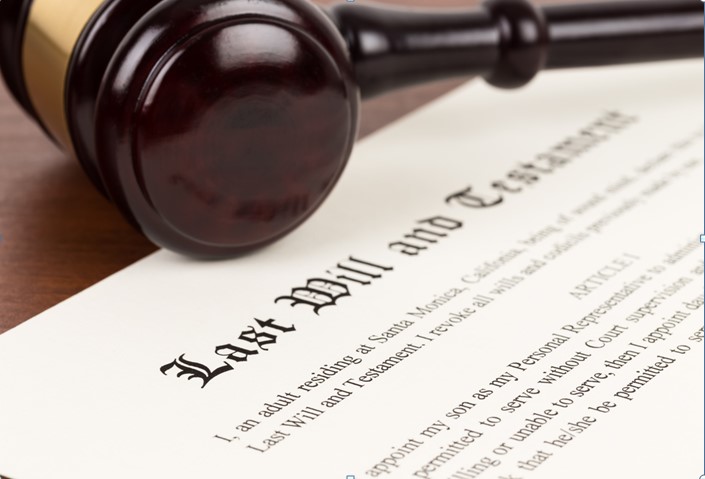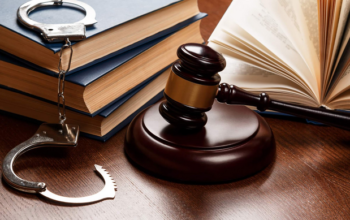You have a destiny that leads you to different places. Sometimes you do various things together with new acquaintances and family members. Such activities entail risks and could be the reason why you could lose your life in an instant.
In today’s generation, we are endowed with private properties to own and to live in. Thus, it is necessary to write a will. Indeed, your will would enable your surviving family members to delegate duties and responsibilities regarding your estate.
Thus, in this article, we will discuss what probate is and what implications it has after your passing.
What Is Probate?
Probate is a legal procedure done when the last will of a testator is being assessed by the judge if it is valid or not.
The process starts by applying for probate in the designated probate court.
If the judge finds out that there is a specific person or the ‘personal representative’ or ‘executor,’ then, the court will designate that person to be the caretaker of the properties left by the testator.
However, if there is no executor identified explicitly in the will, then the court shall designate a person to manage and oversee the estate.
Each state has their own set of laws to deal with probate. Meanwhile, some states have chosen to follow the Uniform Probate Code to litigate probate proceedings. However, there are still some states that haven’t applied the provisions which makes it a little challenging to figure out which laws must be enforced to deal with probate matters.
Different Types of Probate
Probate has two different types which are the testamentary probate and intestate proceedings.
- Intestate Proceedings
The intestate proceeding is when a person did not create a will in time. With this, the court is the one responsible for allocating and distributing the estate of the deceased person by the laws of United States.
Often, the most significant portion of the estate of the deceased person goes to the spouse, children, or other relatives. The court is also the one in charge to manage the proceedings, including the property with cases of bankruptcy.
- Testamentary Probate
On the other hand, with testamentary probate, the deceased person has left a will and has appointed someone to oversee and manage the properties left behind.
However, there are situations wherein the descendants, heirs, and collectors challenge the letter of the will.
As such, the probate court hears the case and decides whether or not the claims are binding. Thus, information regarding bankruptcy and possible collectors will be communicated to the court during probate proceedings.
Furthermore, the court steps forward in the case and corrects changes before distributing and liquidating the assets that are contested.
What Does It Mean After Testator Passes Away?
When the testator passes away, there are steps to take that ranges from taking care of the wake or funeral to managing or distributing the estate. Challenges might come along the way since the process is tedious, depending on the characteristics of the deceased’s estate.
Along that line, it is essential to hire the services of a lawyer to guide you through every step of probate litigation.
Here are some of the things that will take place when a testator dies:
- Checking Of Assets For Probate
When the testator dies, there will be an assessment of all the estates left and the delegation of the duties and responsibilities to the rightful executor. Take note that the inventory of the whole property must be filed accordingly in the court.
Also, there will be checking of the accounts with the banks for the updated balances plus the debts. The numbers must be accurate and include all details.
- Payment Of Taxes, Bills, Creditors, And Other Expenses
Usually, the worries of the executor pertain to the expenses that the properties will incur. However, the law covers that the amount of the estate will include payment of the miscellaneous.
The amount of the estate can be used to cover the following expenses:
- Administrative costs
- Burial costs
- Debts
- Taxes on the properties
- Other expenses
Also, the surviving spouse and children have allowances other than the estate in the will. Although the law may vary in various states, the general rule usually works this way.
- Transfer Of Properties In Accordance To The Will
Right after there is an identification of the executor, the inventory is complete, and payment of miscellaneous expenses have been taken care of, it is now time to distribute the properties to the rightful heir.
If there is an unassigned portion of the estate, the executor will be the one to decide how to distribute it. The executor is also in charge of how the properties must be managed, and whether or not to sell them.
Conclusion
In sum, probate proceedings can be a long process thus it is advisable that you make your will clear. Identify your executor and heirs, divide your properties accordingly, and let witnesses testify to the validity of the document that you wish to create. However, you may also consider creating a transfer on death deed if you want your beneficiaries to avoid the probate process. Hiring a lawyer will be a great help for you to weigh the pros and cons of your choices and make the wisest decision you can to benefit you and your loved ones.
If you are still having troubles in drafting a will or need more information about probate, seek help from a legal counsel like the ones here for help.
Kiren Manning
Kiren is a estate law writer who enjoys writing about subject in relation to real estate and law. He has written for a few blogs in the past, and enjoys sharing his knowledge with those who enjoy reading. In his spare time he enjoys spending quality time with those he loves.
Related Posts














